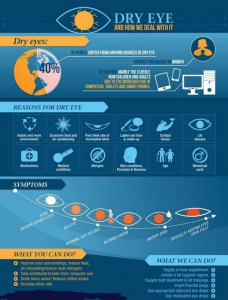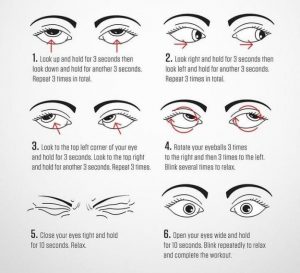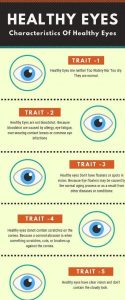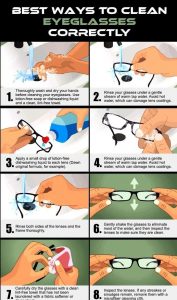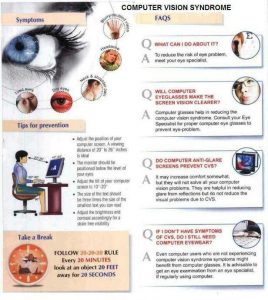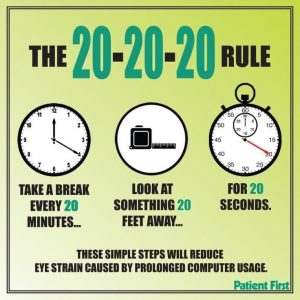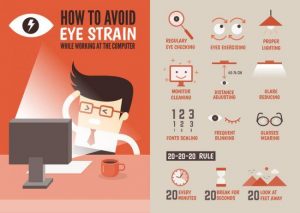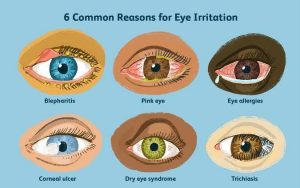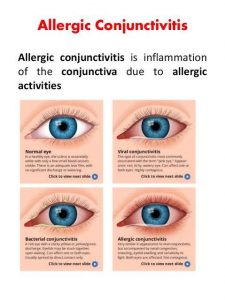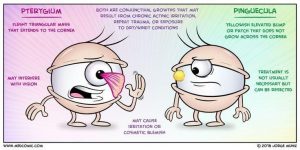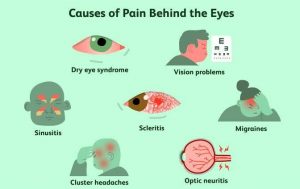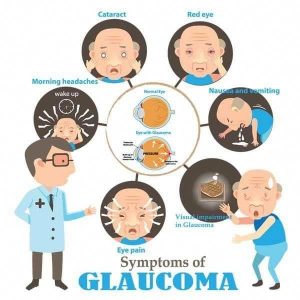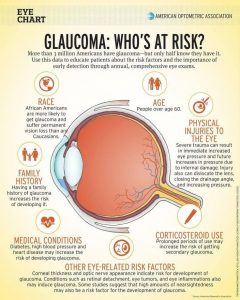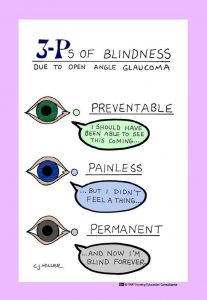FAQs
Brief list of FAQs
General Questions related to TCF Eye Hospital:
– Mondays to Fridays
- Registrations 7:30 am to 4:30 pm
- OPD – 8:30 am to 5:30 pm
– Saturdays
- Registrations 7:30 am to 12:30 pm
- OPD – 8:30 am to 1:30 pm
The TCF Eye Hospital has air conditioned deluxe rooms with two beds in each room – one for the patient and one for the attendant.
If a patient undergoing surgery needs to stay overnight in one of the air-conditioned deluxe rooms, there is a facility of an attached bathroom with toilet and a pantry space as well inside the room.
Patients must buy their own food from the Cafeteria within the Hospital premises. The Cafeteria serves Nigerian dishes and this is open from 8.30 am to 6.30 pm. Patients staying overnight will have to order their dinner and buy and pick the same before the closure of the Cafeteria at 6.30 pm.
Once you arrive at the Hospital Reception area you are given a form to fill up your details and once you have done that this is handed over to our efficient hospital record executives you are asked to pay the registration and basic investigation charges to the hospital either in cash or using your debit/credit card via a Bank POS machine. Then the data given by you is entered in the Hospital software via a computer. A registration card with a unique Medical Record Number (MRN) is generated and given to the patient and with this the patient moves to the OPD hall and is queued for the examinations which are:
- Basic vital parameters recording via physical examination by the nursing staff.
- Subjective Refraction Determination: Using a reading table of letters, numbers and symbols displayed on a screen, the visual acuity of the eye is determined.
- Snellen’s Vision Chart: The Snellen vision chart is used to check if prescription lenses are needed to improve vision. During this screening, you will be asked to sit at a distance, cover one eye and read the letters on the chart, beginning from the top and working your way to the bottom.
- Ishihara Colour Test: This is one of the most widely used colour blindness tests. The patient is expected to read a set of colour dotted plates, each showing a number or a path.
After these tests are completed the data is getting recorded in the computers and they you are queued to meet the Consultant Ophthalmologist, who based on the diagnosis of your condition, prescribes the most suited treatment procedures. This may lead to some more advanced diagnostic procedures which will be explained by the Consultant.
From the time you arrive at the hospital till the time you are seen by the Consultant can take between 45 minutes to an hour on a typical day. Advanced procedures if prescribed or if the Consultant wishes to see the eye post dilation then the time taken will be much more.
In case the Consultant diagnosis and advice is a surgical intervention, you will be directed to a Medical Counsellor who will explain the condition and procedure as well as the costs involved in more detail.
You have the choice of agreeing for a mutually convenient date for the surgical intervention as well as choose the kind of procedure you will like to opt for as the charges for the different procedures vary.
The Consultant Ophthalmologist is the decision maker who does a risk analysis and takes a decision. In most cases one eye is operated at a time giving it some time to heal and review before the second surgery is planned by the doctors.
We are attending to the following conditions currently:
- Cataract: Cataracts are a degenerative form of eye disease in which the lens gradually becomes opaque and vision mists over. Depending on the extent of the disorder, surgical intervention is recommended.
- Pterigium: A pterygium is a growth of the conjunctiva or mucous membrane that covers the white part of your eye over the cornea. This benign or noncancerous growth is often shaped like a wedge. This needs surgical intervention.
- Glaucoma: Glaucoma occurs when a build-up of fluid in the eye creates pressure, damaging the optic nerve. Once this disorder is detected, steps such as prescription eye drops, lasers or even surgery is recommended to prevent the problem from progressing and leading to blindness.
- Squint: Squint corrective surgery is often recommended in most cases. Squint measurements and if need exercise are advised initially.
- Cornea: Dry eye management is recommended to prevent the eye from drying out, thus ensuring that the eye is well moisturised. Corneal ulcers and allergies are managed and treated. Minor surgeries for Pterigium is undertaken. Our specialist handles Corneal Suture and Corneal Scrapping as well.
- Medical Retina: The Medical Retina helps to diagnose, monitor and treat the conditions that affect the lining of the back of the eye, called the retina. Common conditions include age related macular degeneration, diabetic retinopathy, retinal vein occlusion and inherited retinal diseases. Several conditions are treated by Intravitreal Injections and eye drops.
- Orbit: The bony orbits (or eye sockets) are bilateral and symmetrical cavities in the head. They enclose the eyeball and its associated structures. It handles anomalies of lids, lacrimal drainage system, extra ocular structures, bony orbit and other ocular adnexa. Treatments for chalazions and styes, minor surgeries like Lid tear suturing, Electro Epilation / Electrocautery, Incision & Curettage (Chalazion) (I & C) and Incision & Drainage (I & D) are performed.
Yes, the hospital has a well-stocked pharmacy within the hospital premises managed by a qualified pharmacist.Toggle Content
Yes, the hospital has a Vision Shop within the hospital premises managed by a qualified ophthalmic dispensing staff who will understand the optometrists prescription and process your requirement for a pair of glasses which could take a few days to prepare and you may have to come again to collect it from the Vision Shop at the Hospital.
Yes, the hospital has enough parking slots for many cars to be parked simultaneously. We have one in gate and one out gate in the complex.
Yes, there is a Cafeteria serving Nigerian dishes and soft drinks /water from 8.30 am to 6.30 pm
General Questions Eye related:
As per the American Optometric Association adults who wear glasses or contact lenses and adults who are over 60 years should visit their eye care specialist every year or as suggested by the doctor. If the person doesn’t require any vision correction, then a person between 18 and 60 years should visit the doctor twice a year.
Source: LINK
The eye test can pick up very early signs of any problems; the earlier treated the better. The eye test can detect underlying health problems that you aren’t aware of, such as Diabetes, High Blood Pressure, some brain tumours and multiple sclerosis. The eye test will detect if your vision can be improved. You may just be used to seeing less clearly so don’t realise it can be improved upon. Good Vision gives a better quality of life. For children, it is essential that their eyes are functioning normally for them to perform well at school. Don’t accept that poor vision is due to your age. It may be possible to improve it further. It is important your vision meets certain legal standards for driving and certain occupations.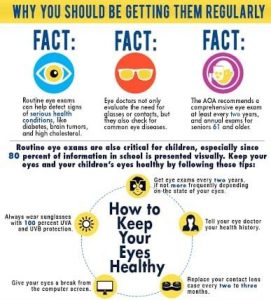
Children can be tested at any age. It is recommended that an optometrist sees them before they start school and start learning to read. Often, vision problems can be the reason why a child does not perform well at school, for example because they cannot see the board. The earlier a problem is detected the more chance there is of successful treatment. Children’s eyes are fully developed by the time they are 8 years old, so it is very important to have any problems detected before this.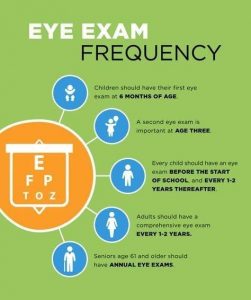
Although they are checked at school, it is not a full eye test. Their distance vision is normally checked but this will not detect all levels of long sight. Short sight and large squints may be detected, but the school checks are not usually carried out by an eye care professional. For a full eye test, you should take your child to a registered Optometrist. If left undetected for too long, some sight defects cannot be corrected.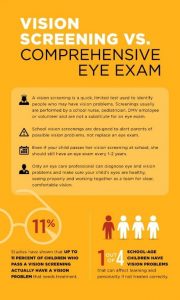
This is because through regular and thorough examination the doctor can diagnose silent diseases such as glaucoma, diabetic retinopathy, and other eye conditions in its early stage. These conditions do not have any initial symptoms and are impossible to diagnose without thorough check up.
Even if your vision appears unchanged, the tiny blood vessels on your retina may be changing. Your Optometrist can look for these early signs and they can be treated before they cause damage to your vision.
Source: http://www.webmd.com/eye-health/eye-health-dry-eyes#1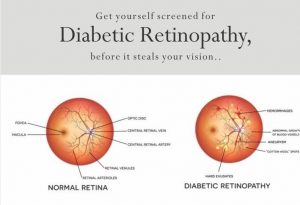
Eating the right kind of foods will give good nutritional support to your yeas keeping them healthy.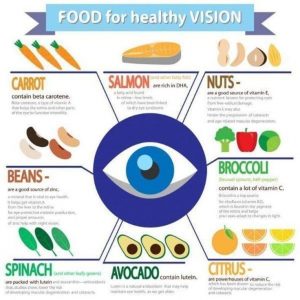
Eye Disease related Questions:
There are several symptoms of cataract:
- A vision that is cloudy and foggy
- Light sensitivity. Glare from sun and lamps may cause serious discomfort
- Difficulty in driving during the night due to glare from headlights.
- Frequent changes in your prescription for eyeglass
- Double vision.
- Initial improvement in near vision which then gets worse
- Difficulty in carrying out daily activities due to vision problems
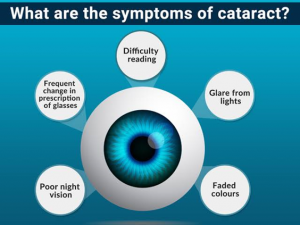
Source: http://www.webmd.com/eye-health/cataracts/cataracts-symptomsYou should never ignore symptoms of cataract. Any delay may result in serious implications.
Yes, you need to undergo surgery for removing the cataract from your eye. You must consult an eye doctor first. He or she will conduct various tests, review your complete medical history for determining whether you need a vision correctional surgery or not. After that, he or she will discuss the various options that are available and is best for you.
Source; http://www.allaboutvision.com/conditions/cataract-surgery.htm
Myopia is a visual error in which the distant objects look blurry as the visual image is focused in front of the retina rather than on retina. This condition normally occurs when the length of the eye is more than the optical length
This is a condition that results when the visual image is focused behind the retina rather than on the retina. It may be caused due to a small eyeball having a weak focusing power being. This is a condition which is often present from birth. Farsighted people can see distant objects clearly, but the near objects are blurred.
Normal, near-sightedness, and farsightedness
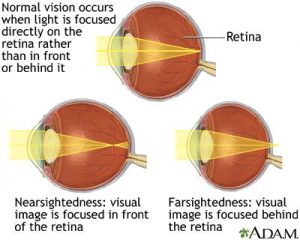
The word Presbyopia means “old eye” in Greek. This is a condition when your eyes gradually lose the ability to see nearby things. This is a normal part of ageing. You may start developing presbyopia shortly after crossing the age 40.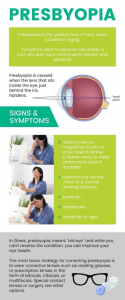
Source: https://www.aao.org/eye-health/diseases/what-is-presbyopia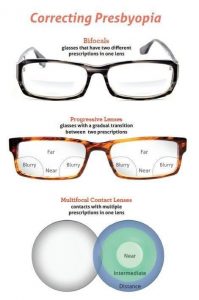
The causes and age of developing both the conditions mark the difference between them. Hyperopia is caused when the eye is shorter than normal while Presbyopia is the normal ageing process of the eye. While Hyperopia can happen even in childhood, Presbyopia happens only after the age of 40 years.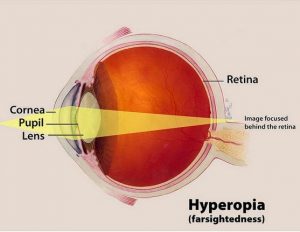
This is a condition where the macula of your eyes breaks down causing a sudden or a gradual loss of central vision. Macular degeneration is of two forms: wet and dry. Patients need to undergo a detailed retinal eye examination to determine whether they have macular degeneration or not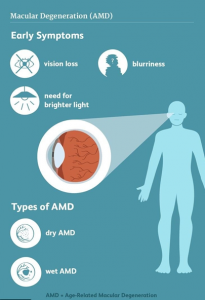
People who are older than 55 years are most likely to suffer from macular degeneration. Apart from that, people with a family history of Age-related Macular Degeneration (AMD) are susceptible to developing this condition. Caucasians are most likely to get AMD compared to African Americans and Hispanics. Smoking too increases the risk of AMD.
Source: https://www.macular.org/what-macular-degeneration
Eye floaters are tiny specks and spots that keep floating in your field of vision. These are annoying at times but usually are harmless. These occur when tiny pieces of the gel-like vitreous of your eyes break loose. However, if you notice flashing spots, then you should immediately consult an eye doctor.
Source: http://www.allaboutvision.com/conditions/spotsfloats.htm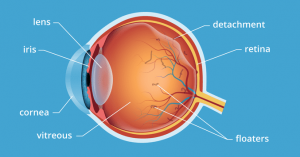
The tears in your eyes keep them lubricated and moist. That keeps your eyes comfortable. Dry eyes are caused when your eyes are not producing enough tears. You may notice a blurred vision, light sensitivity, redness, and itching in your eyes. Any disbalance in your tear-flow system can cause dry eyes. Other causes include natural ageing process, conditions such as rheumatoid arthritis and collagen vascular diseases; less blinking or staring at computer screens or any other object for a long time without blinking.
The doctor may give you artificial tears and ointments to keep your eyes lubricated. The doctor may even opt for a procedure called temporary punctual occlusion to treat your condition.
Source: http://www.webmd.com/eye-health/eye-health-dry-eyes#1